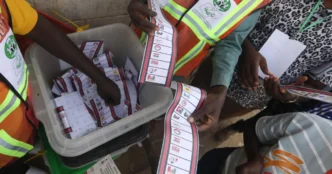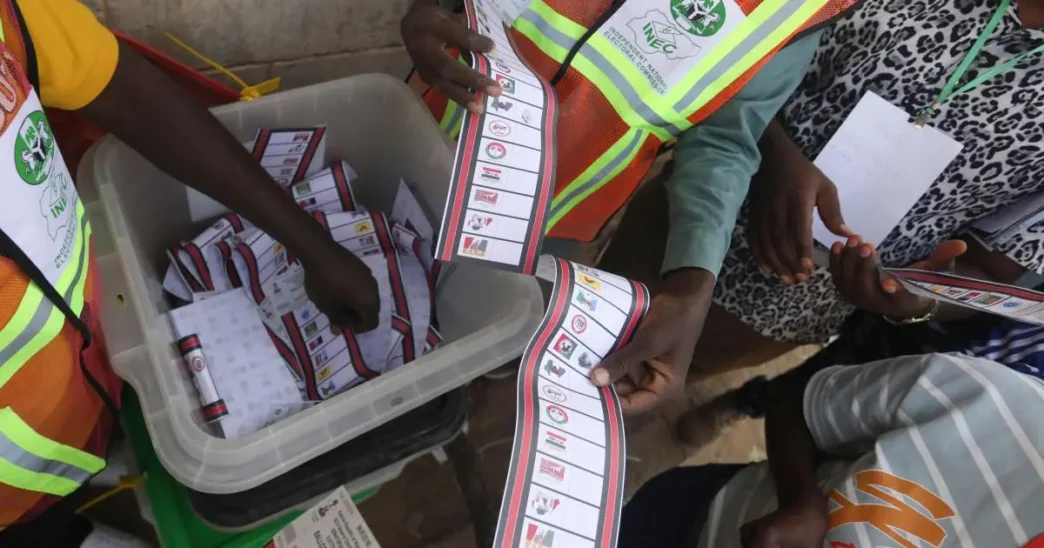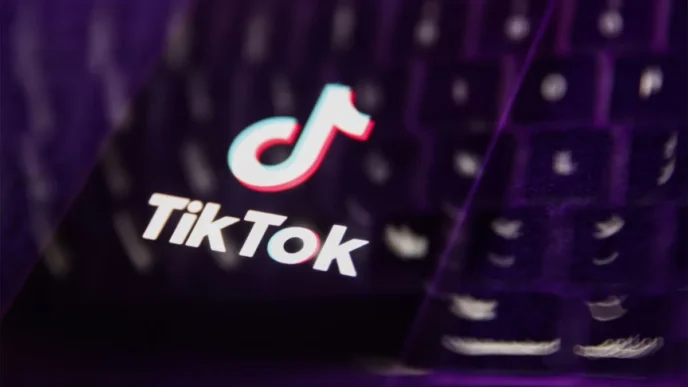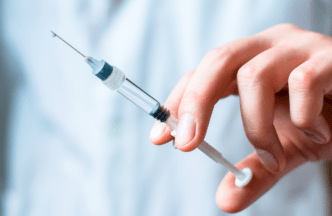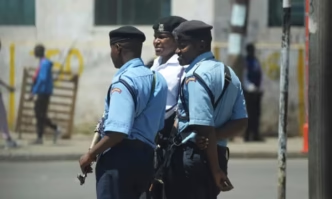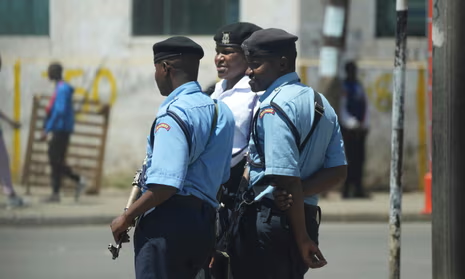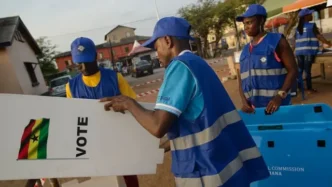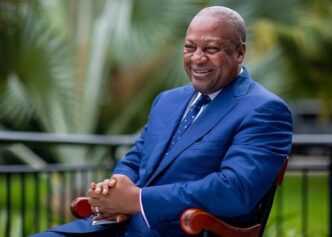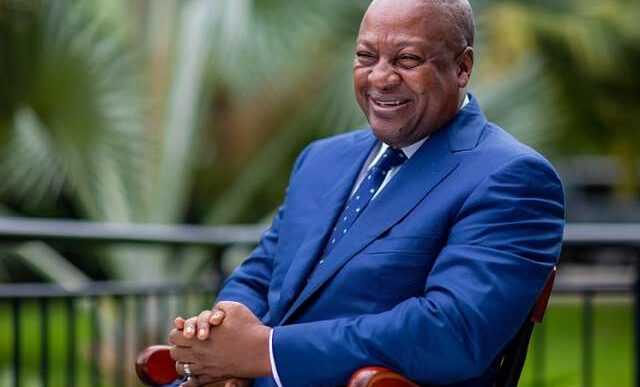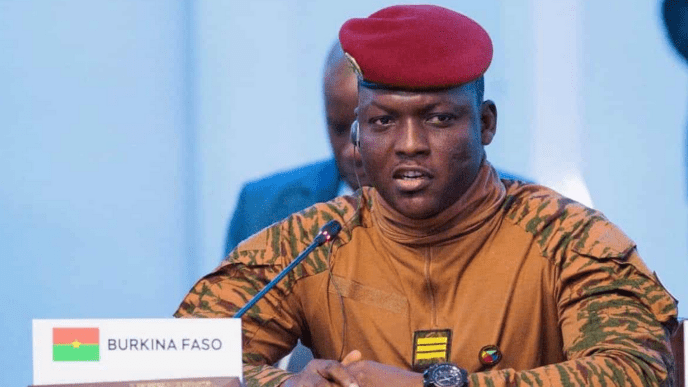Ghana Presidential Elections 2024 kicked off with polls opening for both presidential and legislative races, serving as a critical test for democracy in a West African region grappling with extremist violence and military coups.
Approximately 18.7 million registered voters are set to determine the nation’s future amidst one of its worst economic downturns in decades.
The stakes are high as Ghana, long celebrated as a democratic beacon in West Africa, faces mounting economic hurdles, including skyrocketing inflation and widespread unemployment. Once lauded for its peaceful elections and robust economy, the country now finds itself in an uphill battle to reclaim its stability.
The Candidates and Their Economic Promises
The 2024 election has narrowed down to a contest between Vice President Mahamudu Bawumia of the ruling New Patriotic Party (NPP) and former President John Dramani Mahama of the main opposition, National Democratic Congress (NDC). Despite 12 presidential contenders, these two heavyweights dominate the political landscape.
Bawumia, a 61-year-old Oxford-trained economist and former central bank deputy governor, promises to stabilize the struggling economy and build on the outgoing government’s efforts.
On the other hand, Mahama, aged 65, aims to “reset” Ghana’s governance and economy comprehensively, pledging reforms across sectors such as agriculture, health, and infrastructure.
While the NPP positions itself as center-right and the NDC as a social democratic party, analysts suggest that their proposed policies offer little substantive difference.
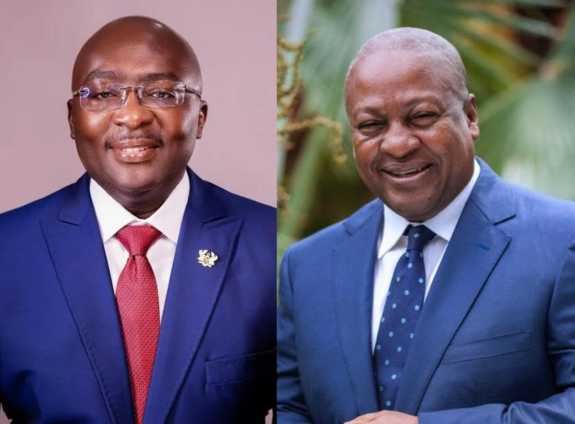
Legislative Seats and Economic Challenges
Voters are also electing 276 members of parliament, with the NPP and NDC each currently holding 137 seats in the 275-member legislature. The election introduces one additional constituency, an indication of the dynamic changes within Ghana’s political framework.
Economic concerns dominate the conversation among voters. Ghana’s inflation, which peaked at 54% last year, has slowly declined but remains burdensome for citizens struggling with high costs for fuel, food, and other essentials.
Additionally, illegal gold mining—known locally as galamsey—continues to ravage the environment while pointing to the nation’s unemployment crisis.
The Vibrant Campaign Atmosphere
Across Accra, the election buzz is unmistakable, with rallies, posters, and campaign songs energizing the city. Both candidates concluded their campaigns with bold pitches. While Bawumia emphasized continuity and economic stabilization, Mahama called for sweeping resets to address Ghana’s economic and governance challenges.
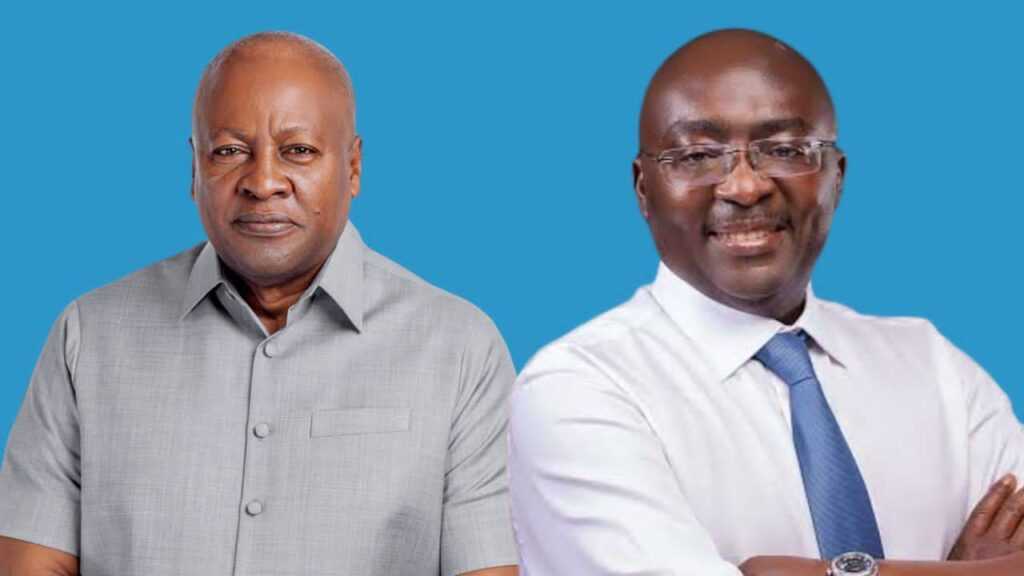
As Ghana navigates these pivotal elections, the outcome will undoubtedly shape its trajectory as a democratic stronghold and economic powerhouse. The nation’s resilience will be tested, but its commitment to democratic ideals remains steadfast.
What are your thoughts on Ghana’s path forward? Could these elections redefine its legacy in West Africa?
Read More:
